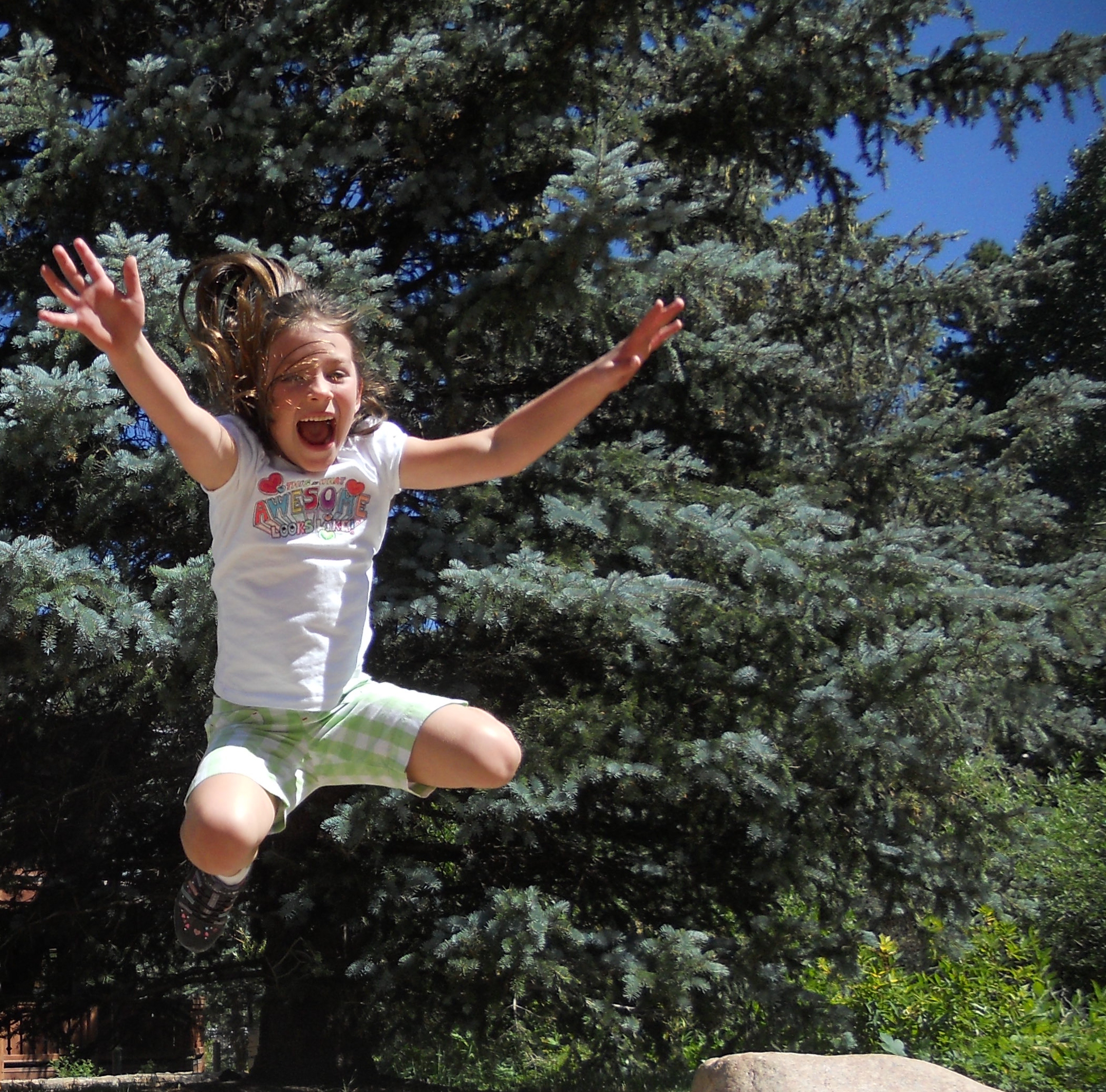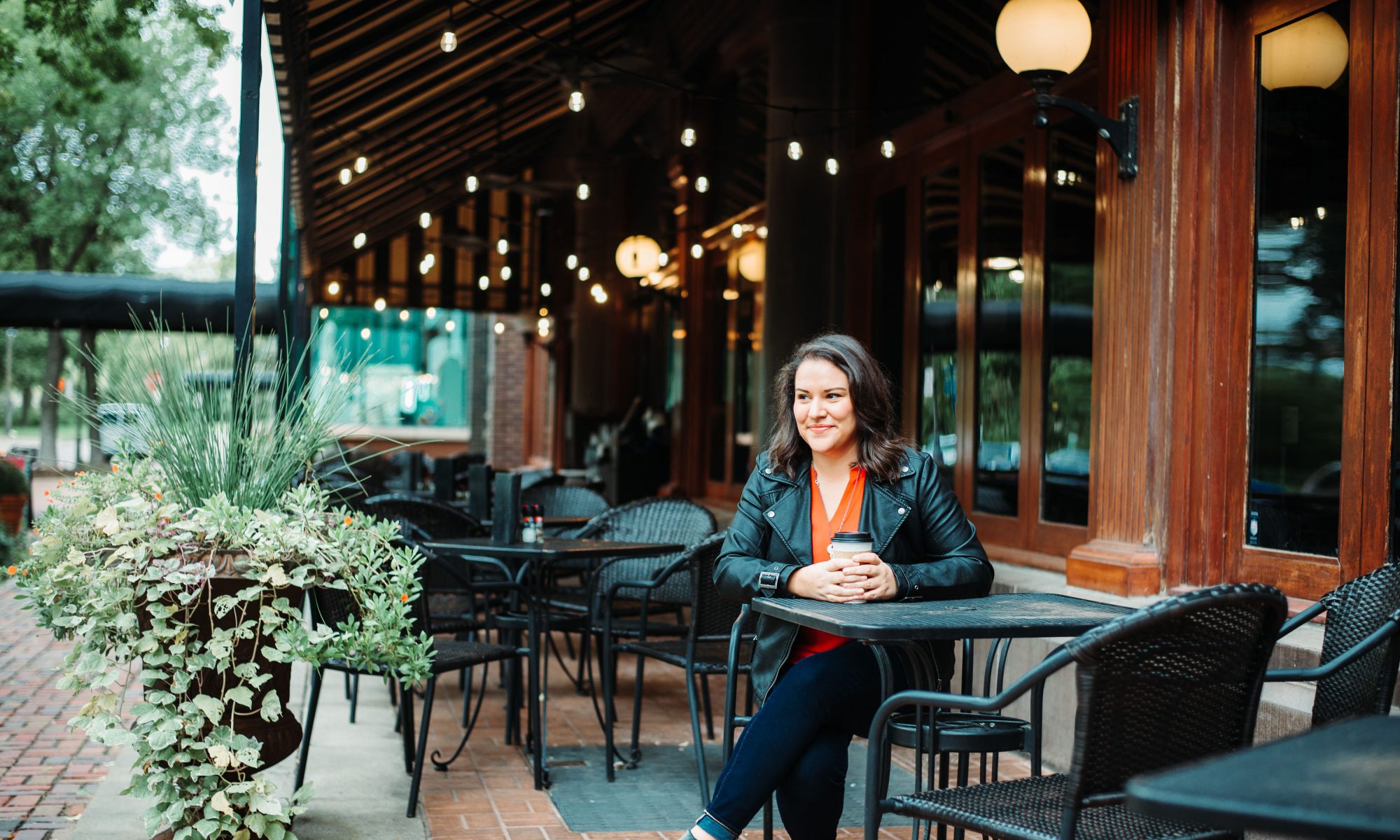I was sitting in class today and my professor dropped a bomb of knowledge on us. We were having difficult conversations on Celibacy, Marriage, Family and the hardships that go along with that conversation such as barrenness, homosexuality in the church, being single, divorce, etc. We kept coming back to this idea of brokenness and the need for the community of the church to rally around broken relationships and help out.
That’s when our professor said, “The ways that we are broken have to come into the light in Christian community.”
It has an interesting ring to it, this urge that she placed before us.
Before I dig too deep into this, another few thoughts. Recently a person I’ve done ministry with in the past made a statement to me that was really interesting. This person made the observation that so often, in ministry especially, we lead off with our resume. We seem to try and justify our point of views with who we are as leaders in ministry. As if this gives us a voice. This person told me that they would so much rather hear how their colleagues were broken. This person was challenging me (and others) to be open with my brokenness as a leader. To be open with where our lives are broken and lacking. Basically to be honest with where we need God.
One more story… On one of my first breaks from seminary, I was home in Denver having a craft night with some friends. I started up a conversation with a friend who was asking me more about my decision to become a pastor. I could tell that she was probing for something but I didn’t really know what. So we started having this conversation about my experience in the church. I talked openly about having just come off the first anniversary of my dad’s death and this idea I was struggling through at the time. I was struggling, at the time, with the unfairness of the hand that I was dealt. I was mourning the loss of my dad and all the things that went with that loss. I was mourning that I had a different family story than most of the church. I shared with my friend about how I thought that God was in Heaven, watching me and crying with me. I firmly believed that God thought that what had happened in my life was indeed unfair. The struggles I will continue to face throughout my life as a consequence of my background…they are not fair. They are not the story that God intended for me at creation.
But that doesn’t mean that they didn’t happen. Brokenness still happens. It’s what we do with that brokenness that shows faith, that requires community, that points us to a need of reconciliation with God. All semester in my ethics class we have been talking about brokenness in our world. It surrounds us, there is no escaping it.
And if there is no escaping it, then there needs to be a light on it in Christian community. We need to feel the ability to share with one another the places that life hurts. Maybe then we can carry each others burdens and lighten the load.
“If tomorrow is judgment day and I’m standing on the front line. And the Lord asks me what I did with my life, I will say I spent it with you.”
you jump, I jump Jack

Found this gem in my pictures folder today. This kid steals my heart, daily. I love my Benny-Boo.
striving for shalom….
In this senior seminar that I talked about in my last post we’ve been asking the question of What is the Gospel? And last week our presenter was Soong-Chan Rah, who is one of my favorite professors. As we were talking about the question of what is the gospel, Soong-Chan brought up this idea that when we are asked to articulate the gospel, the majority of people will start with the fall rather than creation. We start our gospel sentences with the idea that we are sinners who have fallen short and are in need of the saving grace of Christ. The chaos of the world causes us to look forward to the Shalom – the wholeness and peace – of the eschaton.
Yes, and…
Then, Soong-Chan talked about a friend of his in the Native American community who talks about the idea of starting our gospel story with creation rather than the fall. He told this story about how in a community that is full of struggle and strife, they tend to start the gospel with looking back at the Shalom of creation rather than looking forward to the Shalom of the restoration in the second coming of Christ.
This idea is fascinating to me. I think about how so much of the time we articulate the gospel as saving faith in Christ that points to a time when struggles and pain will be no more. We can have faith in sufferings because we look forward to a time when it will be better. For the most part, this is easy because we can always look back to a time when we weren’t struggling personally. But what about communities that do not have that story? That struggles have characterized their whole life.
In the biblical story we have the ability to look back to the relationship that Adam and Eve had with God in the garden – this idea of complete Shalom – a wholeness that comes only from a relationship with God. Then the fall, we are distanced from God by sin and now we are striving to get back to Shalom. We have a picture of this in our biblical story. We know what Shalom looks like and now all we can do is follow and strive to get back to that Shalom.
Personally, when I came to Christ it was more powerful for me to look back to creation than to look forward to the eschaton. The life I was living was one of constant struggle. I lived in a broken home with an alcoholic father who looked as if he would never get clean. The most valid argument I heard for faith in Christ is that the life I was living was not the one intended for me by God. That I was created for this Shalom relationship with God.
I know that’s not everyone’s story but I think we may need to rethink our audiences when we talk about the gospel. Maybe we need to bring creation back into it.d
